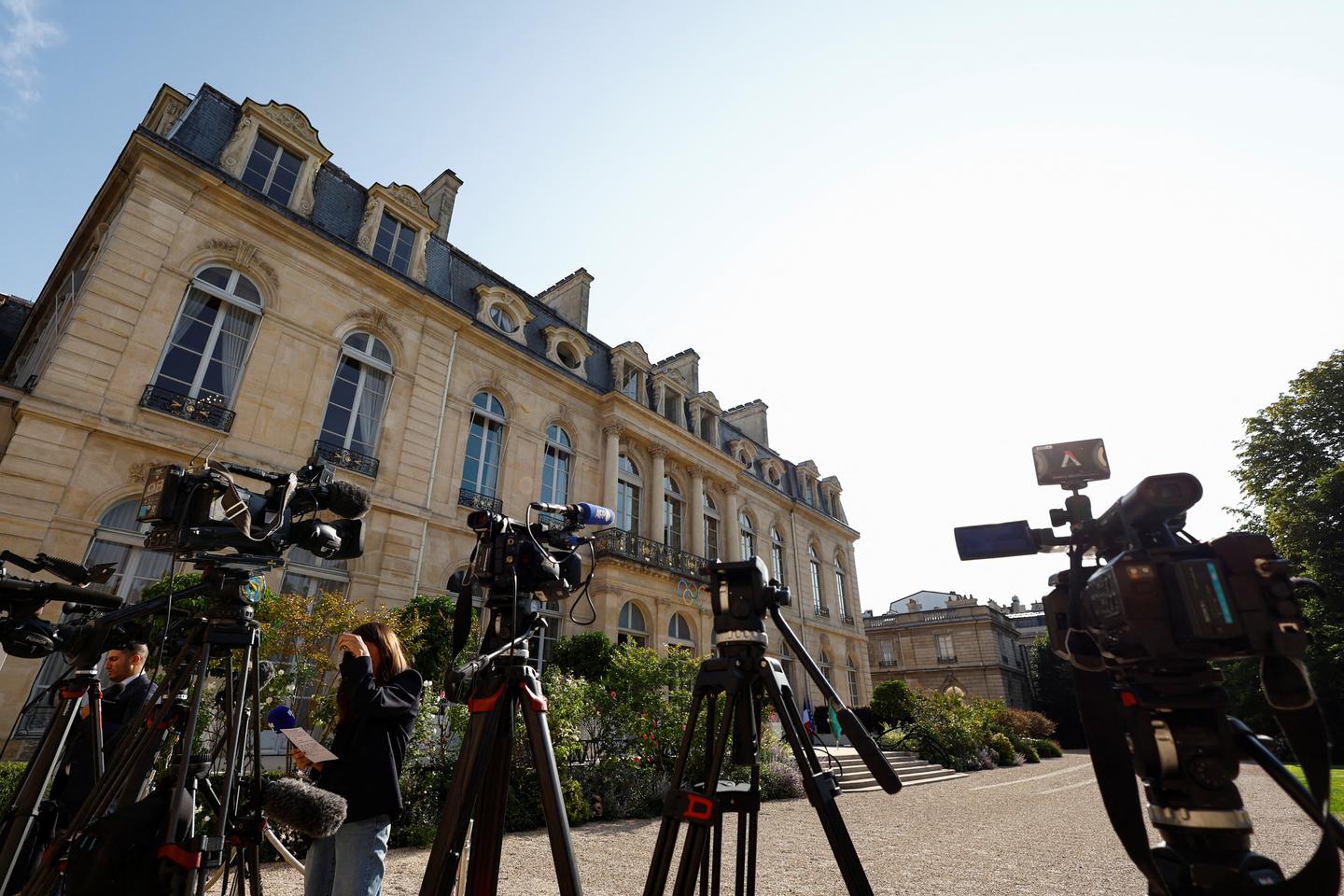


"What are you doing here, Emmanuel?" A few weeks after former French president François Hollande's inauguration in 2012, one of his advisers caught Emmanuel Macron, then 34, with his nose glued to an Elysée palace window watching the arrival of government members for the Council of Ministers with a fascinated look on his face. This became a routine, to the point where the adviser became accustomed to finding Macron, then the Elysée's deputy secretary general, whose office was on a higher floor, lingering in the first-floor corridor where the view of the Cour d'Honneur was better.
When he was economy minister (from 214 to 2016), Macron was keen to master the rules of a political world he knew little about, while at the same time winning over its players. At the time, he was convinced that it was possible to build project-based majorities across party lines, thanks to parliamentary compromise and his strength of conviction.
In 2015, while examining the deregulation law he proposed to boost growth, the novice minister spent dozens of hours at the Assemblée Nationale, trying to convince people of the merits of his measures, one by one. "I saw debates opening up," he explained in 2017 Pierre Hurel's documentary Ainsi soit Macron ("So be Macron"). "I drew a strong conviction from this: If we want to go further, we need to establish consensus (...), not let the cement of right-left confrontation take hold." But Hollande and his prime minister Manuel Valls, fearful of failing to secure a majority on a text deemed too liberal by some on the left, decided to pass the "Macron law" using Article 49.3, which allows the government to force a bill thourgh without a vote. The future president was hurt.
In the same documentary, the young minister expressed his frustration, recalling that he had obtained a "majority vote" on each article but that at the time of the final vote, the "party games" had "come out again," under the pressure of the departmental elections that were being organized on the right and the anticipated Socialist party convention. Macron believed that everyone then sought to "count themselves in" and that it was proof of the "obsolescence of the system" and the "disconnection" of part of "political life" with "reality." "In the depths of parliamentary debate, we can build with men and women of goodwill, but when politics once again becomes a theater, the object of partisan struggles, it builds the conditions for its own failure," he summed up.
'Shadow play'
This is where his distrust of politics and its representatives, of political parties and elected representatives, later described as "shopkeepers [taking] up a corner of the street," comes from. It was also this initial disappointment that prompted him to break free and forge his own path (neither the right nor the left).
You have 63.04% of this article left to read. The rest is for subscribers only.
